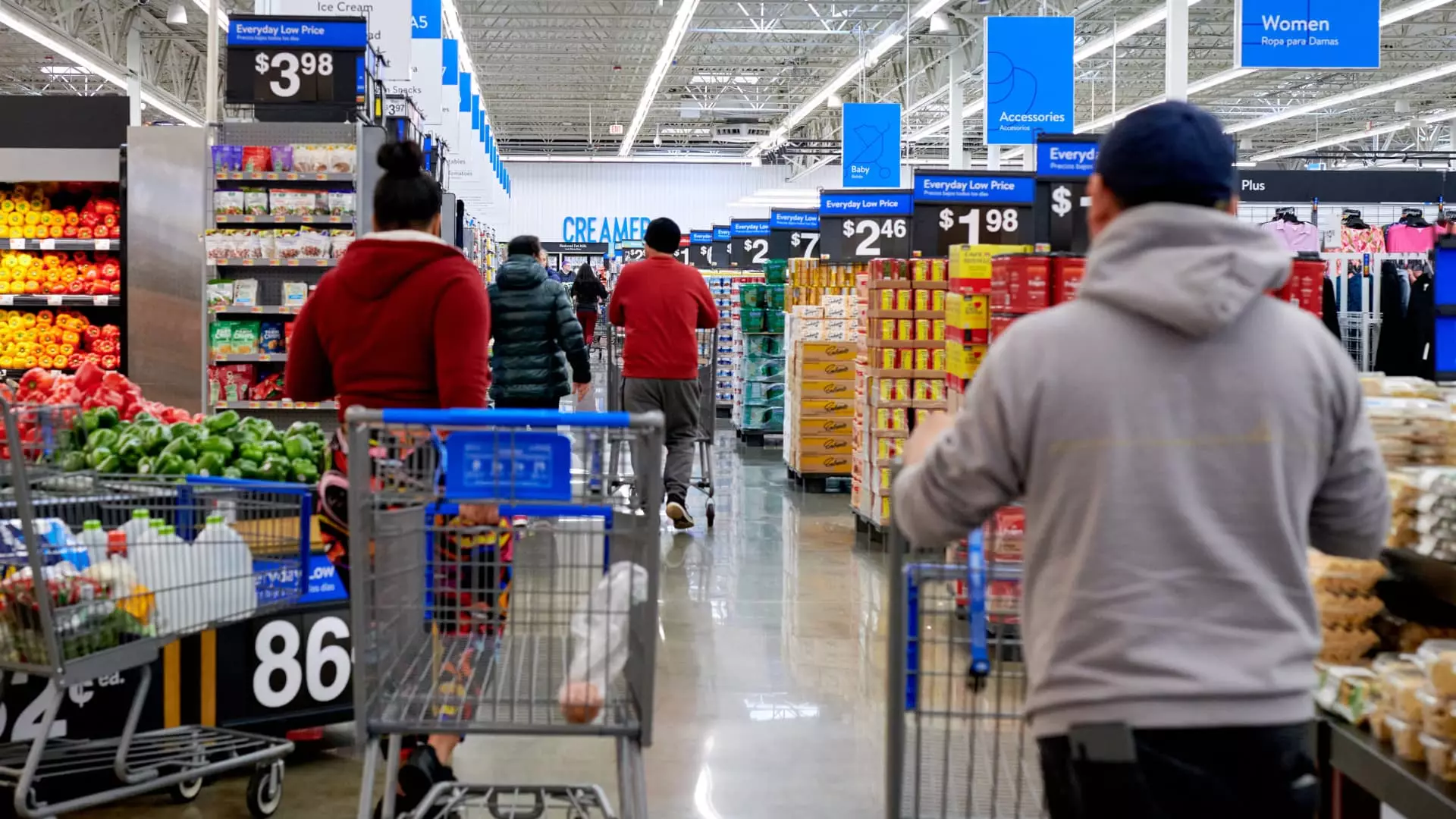Despite the U.S. economy remaining strong amidst inflation and high interest rates, a recent survey by Affirm revealed that 59% of Americans believe that the country is currently in a recession. This false belief is largely driven by the higher costs of living and the challenges many are facing in making ends meet. According to the respondents, they believe that the recession started approximately 15 months ago and could potentially last until July of 2025.
Gene Goldman, chief investment officer at Cetera Financial Group, describes the current state of the U.S. economy as a “Goldilocks” economy. Despite earlier predictions of a recession due to the Covid-19 pandemic, the country has managed to continue its expansion. The National Bureau of Economic Research defines a recession as a significant decline in economic activity spread across the economy over a few months. The last recession occurred in early 2020, resulting in an abrupt halt in the economy’s growth.
Despite the overall positive economic outlook, many Americans are facing financial difficulties. Skyrocketing prices for everyday goods have depleted most people’s savings, forcing them to rely on credit cards to cover their expenses. This financial strain is particularly apparent among lower-income households who are struggling to keep up with rising expenses amidst stagnant wage growth. The wealth disparity between the wealthy and non-wealthy is widening, exacerbating the financial challenges faced by many individuals.
There is a growing disconnect between the actual state of the economy and how individuals perceive their financial well-being. This phenomenon has been coined as a “vibecession” by experts, indicating that despite economic growth, a significant portion of the population feels left out of the wealth creation process. Rising rents, high borrowing costs, and low wage growth are contributing factors to this discrepancy, highlighting the financial struggles faced by a large segment of the population.
As more consumers grapple with increased prices and higher interest rates, there are clear indications of financial strain. An alarming number of borrowers are falling behind on their credit card payments, with approximately 9.1% of credit card balances transitioning into delinquency in the second quarter of 2024, as reported by the New York Fed. This trend underscores the growing financial challenges faced by many individuals despite the overall economic growth.
While the U.S. economy may be experiencing growth and expansion, the realities on the ground paint a different picture. Many Americans are facing significant financial struggles, with stagnant wage growth, rising costs of living, and increasing reliance on credit cards to make ends meet. The disconnect between the perception of the economy and the financial reality faced by individuals is a concerning trend that highlights the need for a more equitable distribution of wealth and resources.

